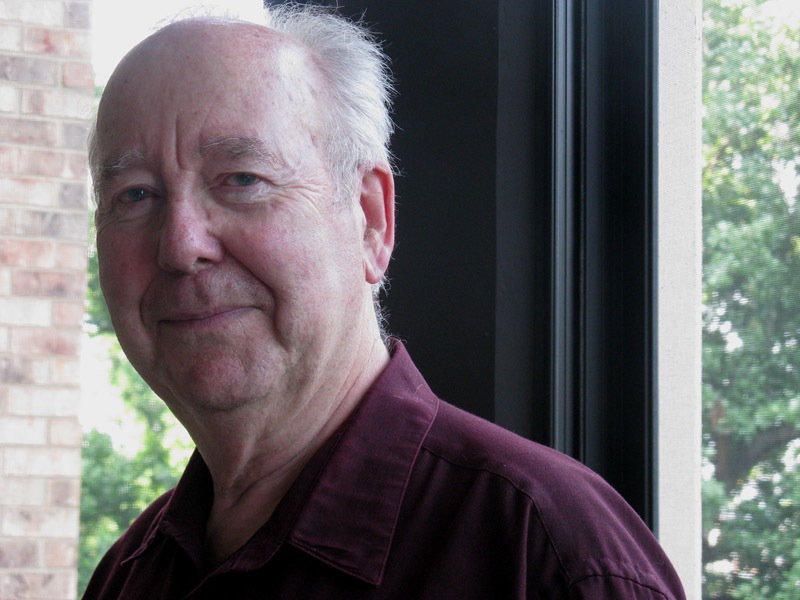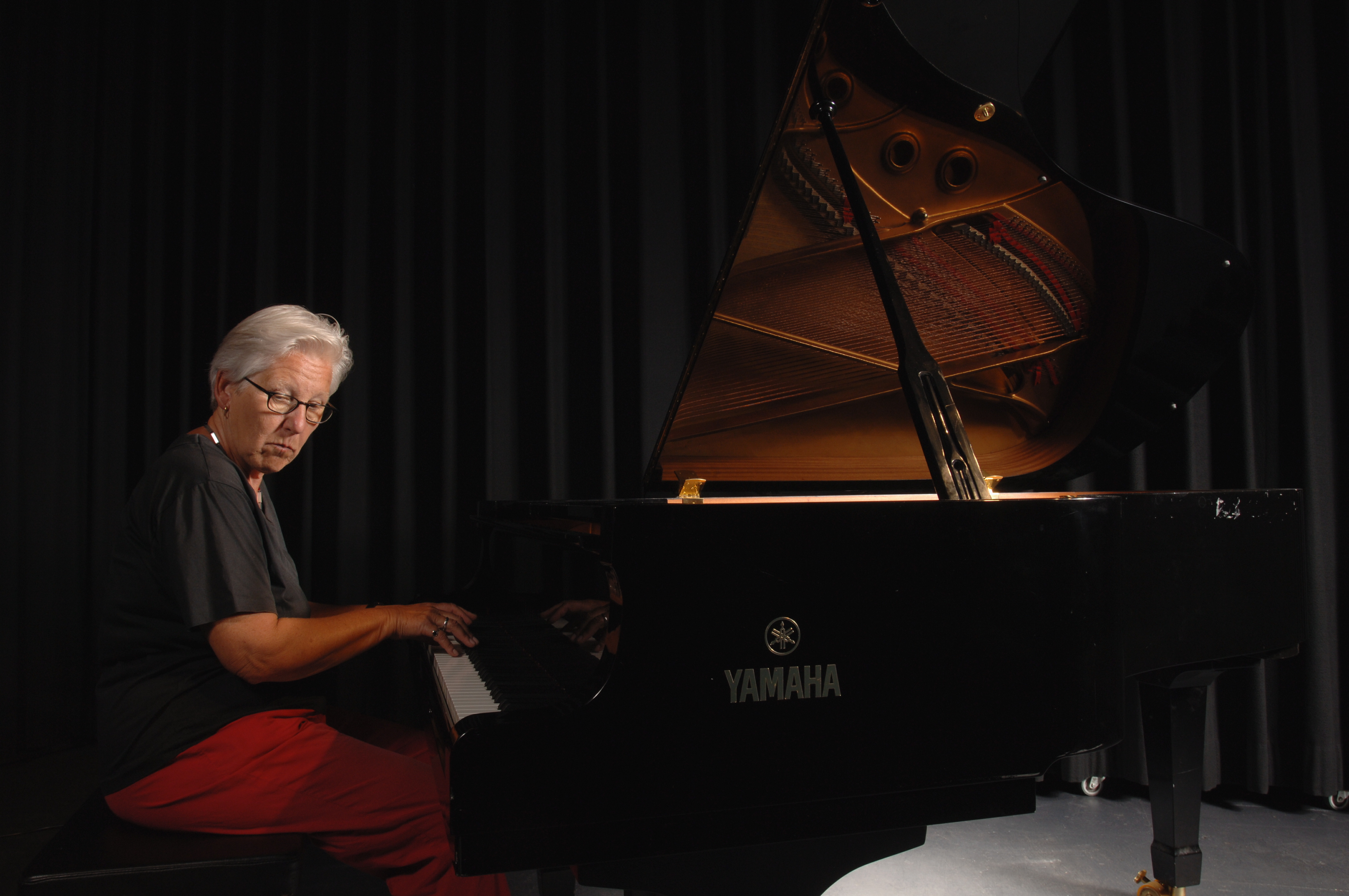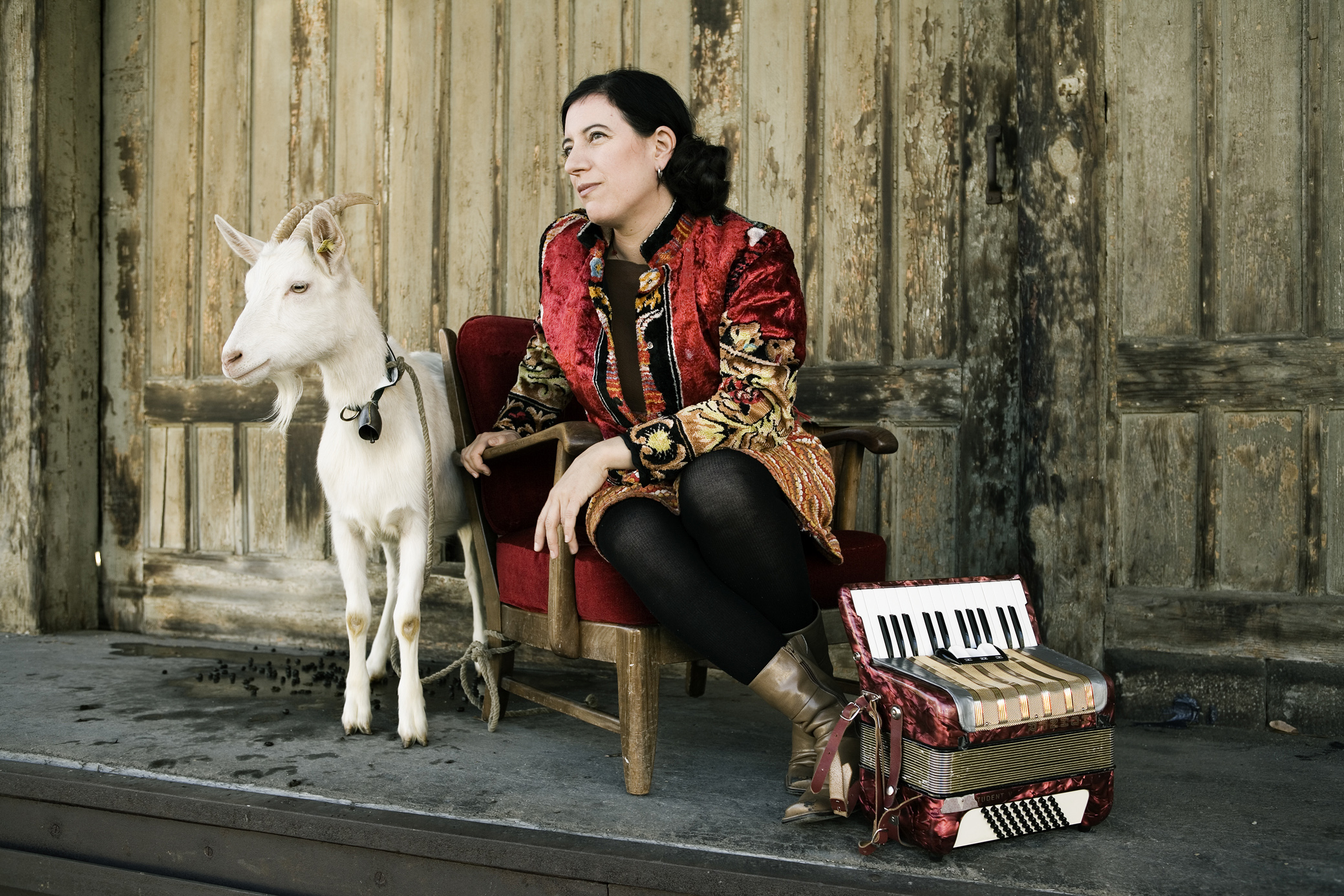Vancouver rings to sound of Swiss folk music

Over 275 Swiss singers stood silently on stage, their traditional embroidered shirts and dresses neatly pressed, their black shoes polished.
“The anticipation in this room is palpable,” said Urs Stausak, the new Swiss Consul General in Vancouver, B.C., addressing the audience at the Vancouver Chan Centre for the Performing Arts. “This is the crowning moment of this top class and long-anticipated event.”
Then the mass choir began to sing “Der Ustig wott cho” filling the concert hall with harmonious tra-la-las. For the next two hours performers sang and yodelled, played alphorns and accordions, all part of the 27th Pacific Coast Swiss Singing and Yodelling Festival, or Sängerfest.
The 78-year old event is one of the most significant traditional cultural gatherings of the Swiss abroad here and for North Americans of Swiss descent. For three days at the weekend a small part of this already diverse city on Canada’s west seemed given over to all things Swiss.
Traditions
Men wore blue, black and red embroidered shirts with black flat-topped hats while singing with their hands in their pockets. Women wore the traditional costumes of cantons across Switzerland. Booths sold Swiss biscuits and sweets.
“The Swiss are not large in numbers, and because some speak French and some speak German, the fact they are Swiss can get lost in the melting pot of North America,” Beth Zurbuchen, president of the Swiss Center of North America, told swissinfo.ch.
“So the fact there is a festival here that is Swiss specifically, where there are alphorns and people singing in their native language, it’s very significant.”
Heidi Oeggerli travelled from the province of Ontario to attend the festival. A Swiss citizen originally from canton Zug, she immigrated to Canada in 1969 and has lived there ever since.
She said the festival is an opportunity for people like her to reconnect with traditions they remember from their childhoods in Switzerland.
“I think it’s great that it is kept up,” she said.
Immigrants
The festival takes place every three years and is a project of the singing clubs that Swiss immigrants to the Pacific Coast formed in the early 20th century.
“When people left Switzerland, what they could take with them was their Bibles, their singing and their stories. That’s what you see in Sängerfest,” said Zurbuchen.
This year 16 choirs and clubs from the United States, Canada and Switzerland participated, according to Rolf Brülhart, president of this year’s festival. On Saturday, both the lunch and dinner banquets sold out, with festival organisers having to turn people away after selling more than 500 tickets to each sitting.
“I knew there were a lot of people here from Switzerland, but not quite so many,” said Esther Egger, National Council Representative from canton Aarau, who was in Vancouver for the event.
Swiss Canadians
At the 2008 festival, the Swiss ambassador noted something that participants at this year’s festival agreed was true: often the Swiss abroad are more enthusiastic about preserving and showcasing Swiss traditions than the Swiss in Switzerland.
Of course, not all Swiss are interested in the traditional folk culture on display at the Sängerfest. More than 1.3 million people of Swiss descent live in North America, and about 6,000 Swiss citizens live in the province of British Columbia, according to the Consul General’s office.
“We sing to the converted Swiss abroad,” Brülhart said. “Ninety per cent of the Swiss abroad living in Vancouver want nothing to do with the folkloric culture, and we don’t sing for them.”
But Brülhart says he is proud of the diversity of the Sängerfest, which included a group of Korean performers. He says the festival is a microcosm of the diversity of both Switzerland and Vancouver.
“Yodelling is a great example – it’s by definition multicultural, there are no songs we sing that are purely Swiss,” he said. “Yodelling doesn’t just belong to the Swiss – it belongs to all the mountain cultures.”
In the early 20th century, Swiss migrants to the Pacific Coast, many of whom first immigrated to eastern states like Wisconsin, Ohio and Pennsylvania before moving West, formed singing clubs to preserve and promote the culture of their native country.
In 1933, three of those clubs – the Helvetia Sänger Club of Portland, the Männerchor Edelweiss of Tacoma and the Swiss Male Chorus Alpenrösli of Seattle – gathered in Portland, Oregon, for what was to become the first Pacific Coast Swiss singing festival.
At that festival the three choirs formed the United Swiss Singing Societies of the Pacific Coast. The group’s purpose, as stated in its charter, is to “keep alive the songs of Switzerland as they are sung in our native country, to arrange festivals in the various states, and to promote the best feeling and understanding among Swiss”.

In compliance with the JTI standards
More: SWI swissinfo.ch certified by the Journalism Trust Initiative












You can find an overview of ongoing debates with our journalists here . Please join us!
If you want to start a conversation about a topic raised in this article or want to report factual errors, email us at english@swissinfo.ch.